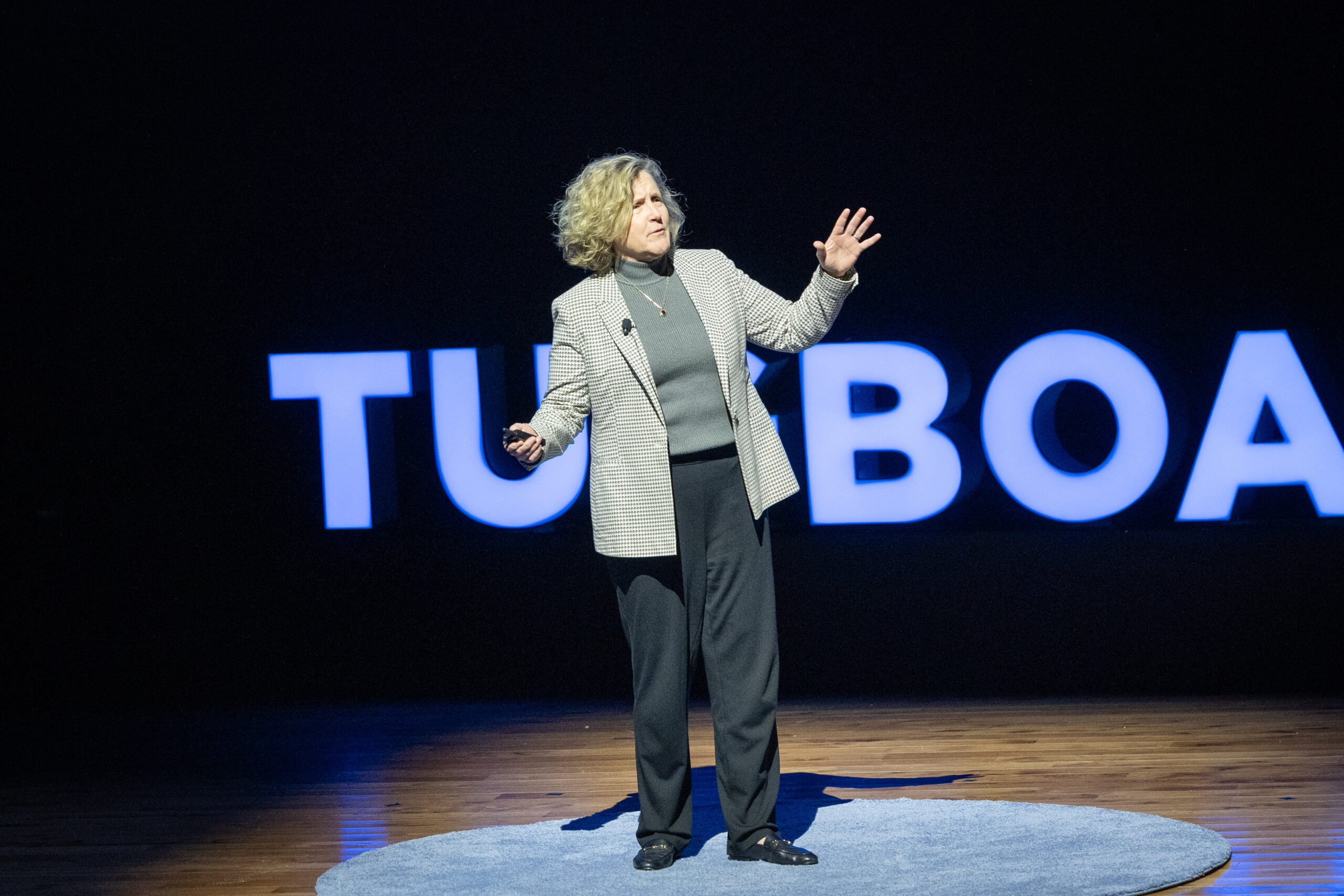

GROW, BABY, GROW — IT’S ALL ABOUT THE CONTRIBUTIONS
- Melanie Dulbecco
- Torani
We at Torani consider ourselves a 90-year-old startup. We have grown over 20 percent a year on average for the past 25 years, and have risen from a small San Francisco brand to one recognized in cafes and bars worldwide. Yet … of all the things of which we’re proud, our double-digit growth rates are lower on the list than you might think. That’s a lagging indicator of success. The leading indicator is the growth and development of our people.
With people at the center of how we think about our business, I’d been on the lookout for an alternative to performance reviews. I don’t know if you’ve ever personally experienced a performance review, but I’ve found them a little demoralizing and a waste of time. In fact, my experience of performance reviews is that they inhibit or distract an organization from performing.
After many experiments with tweaks and alternatives to performance reviews, I finally found something that felt really right. “Contribution Management” were the words that Catriona Wiley, now our VP of People & Culture, uttered when she interviewed with us. We were smitten.
Unlike performance reviews, which are judgmental and only look backwards at performance, Contribution Management is a framework to discuss an individual’s current contribution and potential contribution. Most importantly, it changes the dynamic between the manager and the team member. Whereas performance reviews are “done to you,” contribution discussions are owned and led by the team member.
This is a major shift in mindset. Rather than being in a judgmental role, the manager shifts to the role of a coach who is helping the team member increase their contribution and continue their development and growth. This sounds easy but it’s taken two years of practice (really) for us to get the hang of this.
Here’s how it’s worked for us. We decided to take baby steps over two years to implement the changes. We began by focusing on the year-end recap. We created simple documentation to help frame a conversation that could be led by the team member. Then we trained everyone in the company to be prepared for a team member led conversation. This was most challenging for managers. Rather than making statements about a person’s performance, they were now asking great questions and providing feedback. At the close of the session the individual and manager agreed on the team member’s level of contribution: Did they do great? Were they above and beyond? Or were they behind the pace? And what did they learn over the past year that they would apply going forward?
That leads us to the next step: A separate conversation focused on the future, which includes goal setting and development planning. In this conversation the manager takes a greater lead by sharing the context of the company’s strategic plan and the department’s plan (we have these simplified to one page each). The manager then invites the team member to discuss how they’ll contribute to the plans and they agree on the team member’s personal goals. They also identify what the team member wants to be doing differently and to learn over the next 12-18 months, and agree on a development plan.
Finally, we’ve made Contribution Management a year-round process as we’ve incorporated it into our DNA. Several times a year, team members check in with their managers to discuss their progress and stay on track. By focusing on supporting individuals, we’re building a stronger, happier workplace.
Every one of our 170 team members participates. I do my check-ins with the board — and I’ve found it to be an engaging and motivating process. Looking forward to what people can do, instead of looking backward to what they have done, is a respectful way to discuss work and to get people feeling responsible for their own actions. It has energized individuals and the company as a whole.
We’re seeing tangible results from just two years of practice. Besides our team members feeling much more engaged, we have seen a significant increase in internal applications for positions. In Q1 of this year, 8 out of 17 positions were hired from within. In the past, any internal promotion tended to come from a manager approaching an individual; these days, individuals proactively consider and apply for roles.
Contribution Management is the antithesis of top-down management. It is all about development and building across the whole organization. What I love most is how this has encouraged Torani people, whether on the bottling line or in the C-suite, to have conversations with their managers about how they can grow. It has created a language for us to discuss the tricky things, like compensation, with trust and transparency. And it’s opened up the conversation beyond the office — we are expanding to ask people how Torani can help them get a higher education or how they can plan for buying a home.
This is one element on our path toward becoming an everyday powerful force for good in the way we work.
Melanie Dulbecco is the CEO of Torani.
More Articles and Videos

Both/And Thinking: Harnessing the Positive Potential of Tensions
- Marianne Lewis
- Carl L. Linder College of Business, University of Cincinnati

Leading Through Uncertainty – Tugboat Institute® Summit 2025
- Jackie Hawkins
- Tugboat Institute

Get Evergreen insight and wisdom delivered to your inbox every week
By signing up, you understand and agree that we will store, process and manage your personal information according to our Privacy Policy




